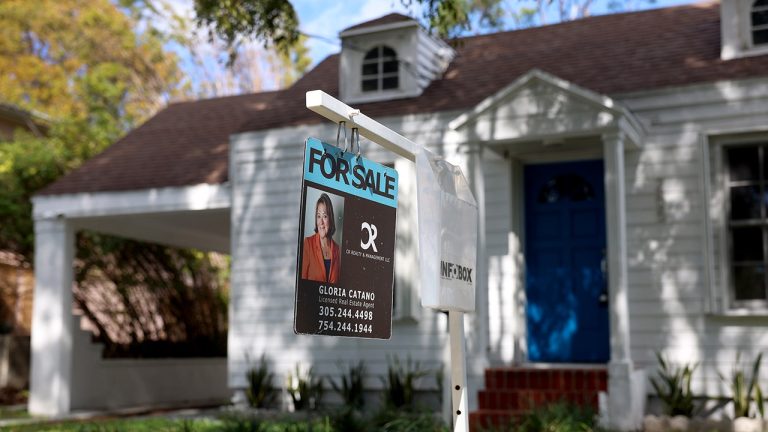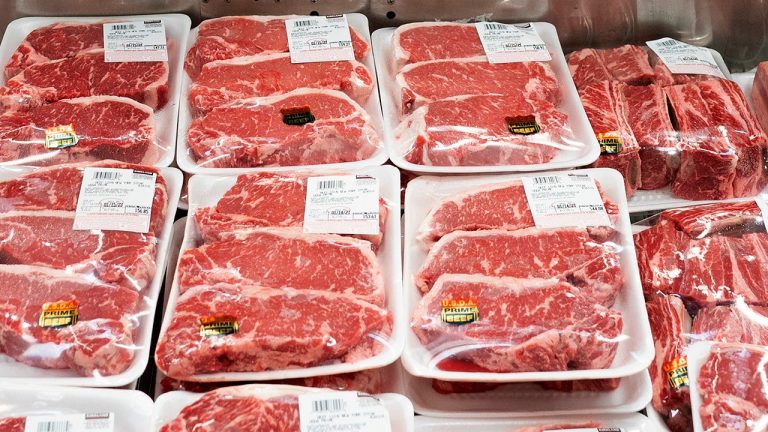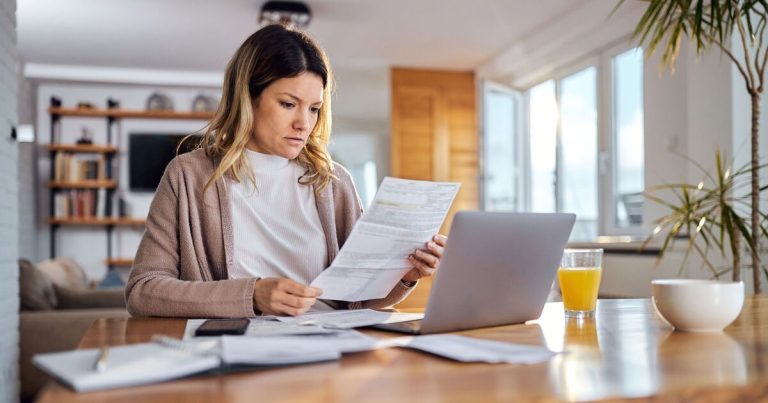
The tax office has launched a fresh crackdown on those who fail to declare money earned from online marketplace sales.
HM Revenue and Customs (HMRC) has sent ‘nudge’ letters to people it suspects are operating in the hidden economy and not reporting their income.
The recipients were selected based on data HMRC had received from online marketplaces about sellers using their platforms.
The ‘one to many’ letter states: “We have information that shows you’ve earned income from online marketplace sales up to the tax year ending 5 April 2023. You need to tell us about this income. This is because you may owe tax.”
Recipients have 30 days from the date of the letter to either declare their income or contact HMRC.
Dawn Register, a tax dispute resolution partner at BDO, said: “People who receive this letter may be tempted to file it away, but they absolutely should not ignore it.”
Ms Register explained that there are several ways for people to make a voluntary disclosure to HMRC about underpaid tax.
She said: “Selecting the most appropriate route will depend on your circumstances and why the inaccuracies occurred.”
Unpaid tax may be subject to late payment interest – currently at 7% and set to rise by a further 1.5 percentage points in April – plus penalties depending on the nature of the reasons for non-compliance. Therefore, Ms Register urged: “It often pays to come clean at an early stage.”
In some cases, those with historical tax liabilities may be able to agree to a Time to Pay arrangement to repay money owed in instalments.
Ms Register added: “This campaign should serve as a warning to those who are earning income from online platforms and marketplaces that they will need to ensure they comply with their tax obligations.
“HMRC now has automatic access to much more data on digital platform users and their transactions, leaving few places to hide for people intent on hiding their earnings.”
New rules came into force in January 2024, obliging digital platforms to report data to HMRC about the incomes earned by their users, and the first reports were delivered to HMRC by January 31, 2025.
Last year, HMRC launched a new tool to help people who sell goods and services online understand whether and how they need to tell HMRC about their income.
The tool is aimed at helping those who sell goods and services, sell personal possessions, rent out land or property, create online content, or receive income through other sources such as income from savings and investments or selling property.
What are the tax rules for online sellers?
Tax rules have not changed, and not all sellers are affected. The key difference is increased transparency between platforms and HMRC.
These platforms, such as Vinted, eBay, Depop, Airbnb, and so on, will only pass on data for those who sell more than 30 items a year and earn around £1,700 or more.
Tax is also only due to be paid by traders – people who buy items intending to sell them for a profit. Traders can sell a maximum of £1,000 a year of items, including platform fees. Above that, they are eligible to pay tax.
However – trader or not – depending on the items you sell and how much you sell them for, you may need to pay Capital Gains Tax (CGT). This applies to selling personal possessions where the item is worth more than £6,000.
CGT is a tax levied on the profit people make when selling an asset. The “gain” is the amount that is taxed, not the amount of money a person receives.
Those who meet this criteria must submit a self-assessment tax return to HMRC.







